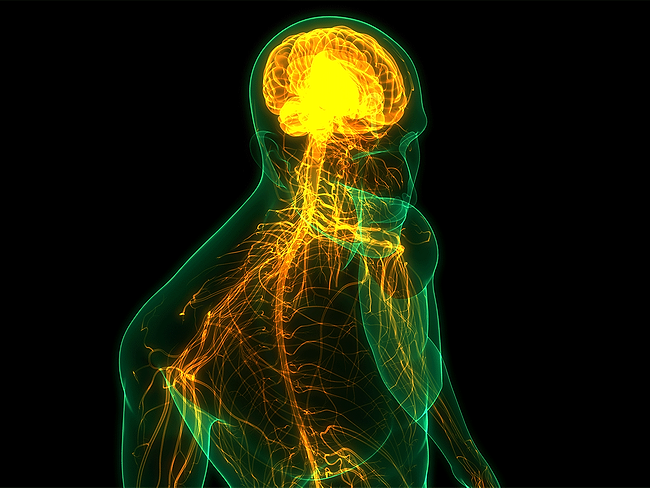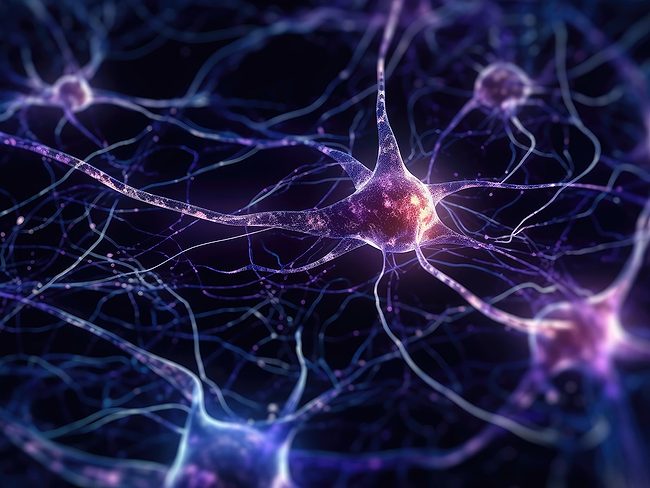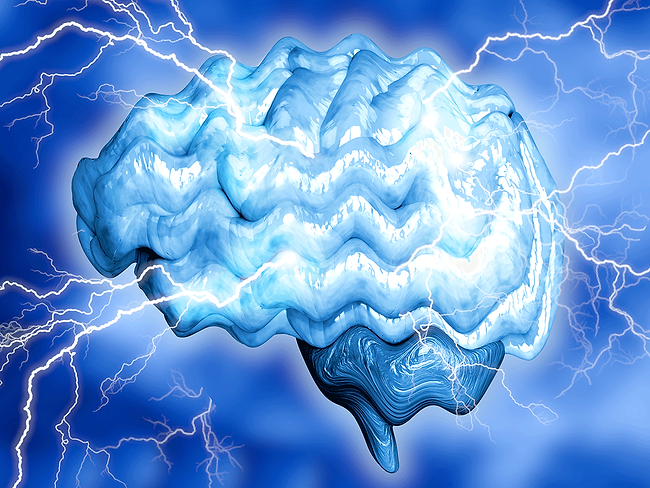
Neurology/psychiatric
Neurology/Psychiatric
Vanda receives IND clearance for ASO for Charcot-Marie-Tooth disease type 2S
Read MoreNeurology/Psychiatric
Juvena’s JUV-161 awarded US orphan drug designation for myotonic dystrophy type 1
Read MoreNeurology/Psychiatric



